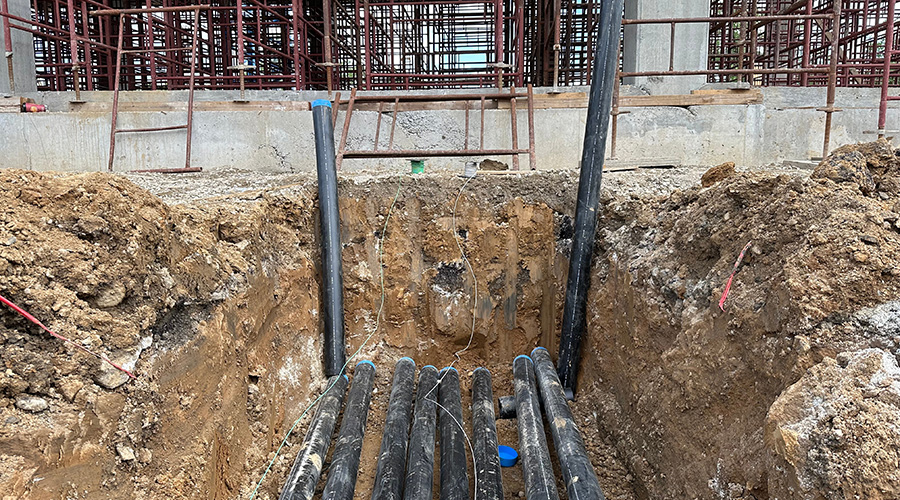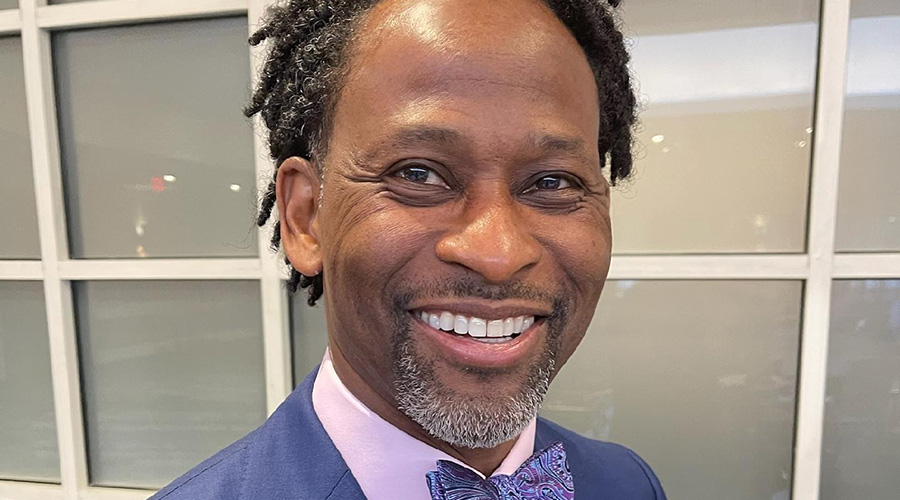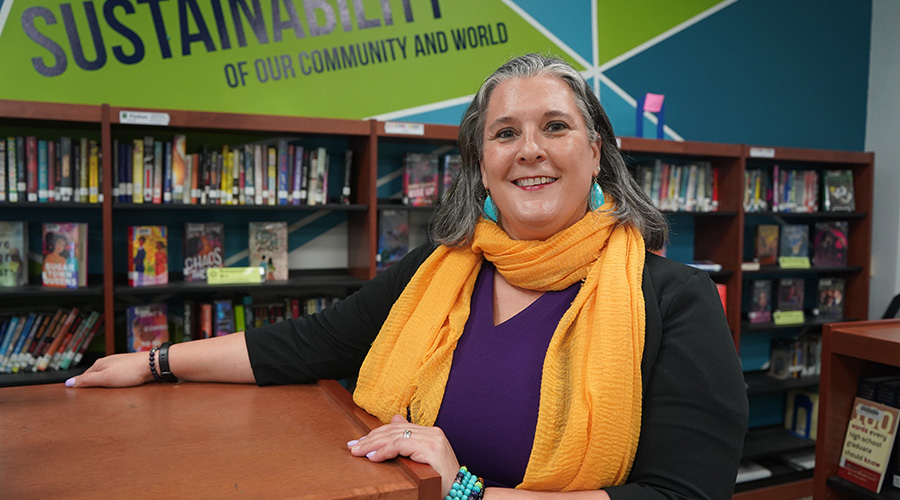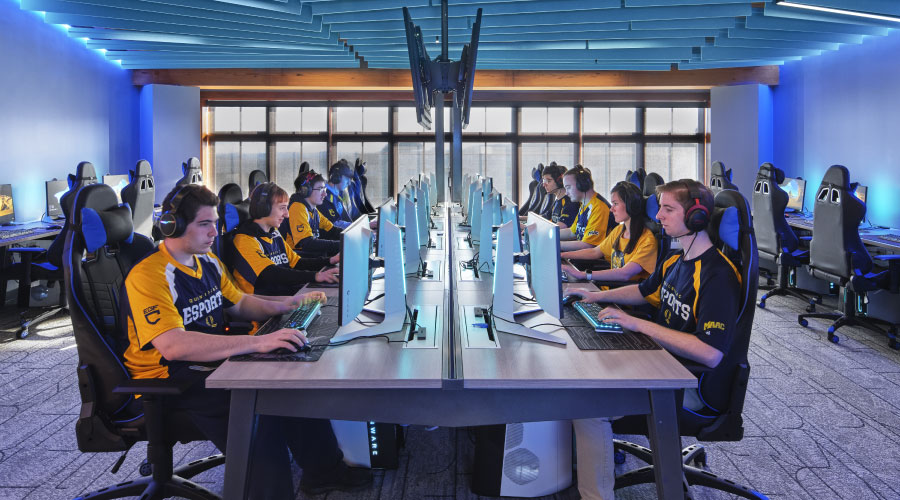Collaboration Among Managers Keeps Students, Staff Safer
Unprecedented events have called for K-12 facility managers to come together to make schools safer.
It was almost as if the world stopped moving when 18 children and two teachers were killed in the Uvalde, Texas, Robb Elementary school shooting in late May. The tragedy left many people searching for answers to find out how this could happen. Reports on a propped open door and lax security contributing to the tragedy made headlines all summer long, but little has been confirmed. More so than ever, security and safety are at the top of everyone’s mind this back-to-school season.
This isn’t the first time that an unprecedented event required facility managers to collaborate to find a safety solution. When schools first closed due to the COVID-19 pandemic in March 2020, managers in education from across the country came together to discuss what was going on in their facilities and how they were coping. One group in particular, Council of the Great City Schools met virtually once a week to bounce ideas off of one another.
“Collaboration with other facilities managers has been a necessity in my work,” says Gabriella Duran Blakey, COO, Albuquerque Public Schools. “Even though we are in different environments and cities, we have so much in common in our daily challenges. The COVID pandemic taught us that we have more in common than different and it taught us that the world is small when it comes to similar challenges. Facility management can be a lonely world in education because we are not on the academic side of what often leads the work. However, being able to access and collaborate with other facility managers breaks down the isolation and allows us to be vulnerable, work with each other and make each of our individual organizations better.”
With extra calls for security, it is important to narrow that down to the end user. For K-12 education facilities, that means connecting with staff, faculty and students. All building occupants have a different vantage point on what it means to be safe and how to best serve the students. When you think about Maslow’s Hierarchy of Needs, which puts forward that people emerge to self-actualization after they have sufficiently satisfied the previous need, the basic needs on the hierarchy are physiological and safety. When thinking of facility management, this theory highlights the importance of providing safe and clean facilities or else the students will not be able to self-actualize as learners.
“We contract facilities management services and often struggled to align the needs of our facilities with the quality of service received,” says Machion Jackson, assistant superintendent of operations, Detroit Public Schools Community District. “COVID uncovered systemic problems and outright breaches in service delivery, yet we issued numerous opportunities for facilities management growth. As a result of networking, our facilities team holds stronger confidence in knowing our expectations of our vendors is not extreme or unreasonable. Students, families, and staff members depend on us daily to provide warm, safe, and dry learning environments. Strategic sessions are now held to review data, examine opportunities, and face operational threats such as staffing and training directly.”
Job fulfillment
Collaboration doesn’t just improve the facilities; it also increases satisfaction in jobs. Networking and connecting with other FMs allow employees to know that they are not alone in their duties and that there are others that are facing the same daily struggles. Having these shared experiences can keep people on track and give advice if they start to stray off the path. Not only is collaboration a key to successful careers, but also to individual school districts.
Similar to the Council of the Great City Schools, the Louisiana School Facility Managers Association aims to help managers across the state improve school buildings while exchanging information. Through the organization, FMs were able to help neighboring districts navigate hurricane season and the COVID-19 pandemic.
“The collaboration that occurs within our Louisiana School Facility Management Association has made us each better,” says Chad Lynch, chief operations direct, Ascension Parish School Board. “We lean on each other, call each other regularly and solve school system problems together, regardless of whose district the problems are in. We reach out to each other to resolve maintenance, security, staffing and sometimes even political matters with our governing boards. When we are unsure if our plans are the best course of action, comparing notes with a counterpart in another school district is always reassuring. After speaking to a counterpart who has already been through something that we are working on, we know if our current plan is proven and going to be successful or needs some adjustment. This collaboration saves us from costly or untimely mistakes.”
There is a sense of comfort and encouragement for managers when connecting with peers. Getting to hear numerous insights through regular focused communication with other managers can help develop a relationship with the local health department, engineers and more. Being able to collaborate has encouraged managers to utilize various data including work orders, to maximize efficiency and change best practices to become more efficient. Meanwhile, not all challenges that are seen within an education facility are a one-off. There is going to be someone from another district that is experiencing the same thing and can give guidance on how to get through it.
“The most valuable takeaway garnered during our collaborative sessions, however, is knowing that the challenges I faced during the height of the pandemic were not unique,” says Jackson. “Chicago, San Antonio, Albuquerque, New York, Los Angeles, Houston and other districts were faced with stakeholder perception, staffing, and supply chain issues which greatly impacted their work. I gained valuable relationships through their openness and willingness to provide direction and support during times of great uncertainty.
Mackenna Moralez is the associate editor of the facility market.
Related Topics:













